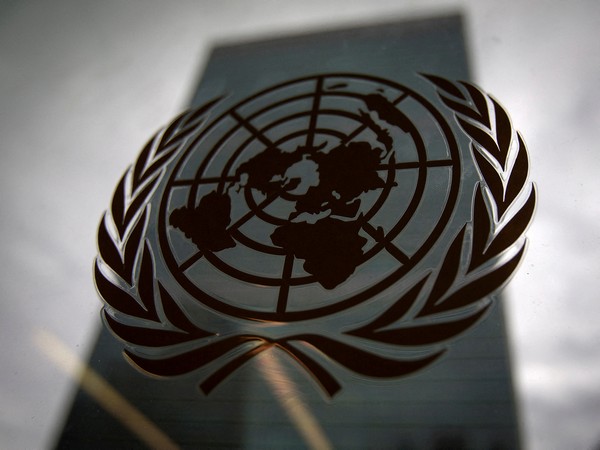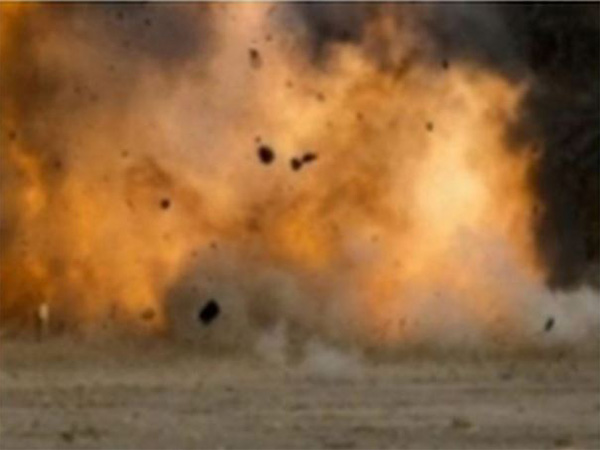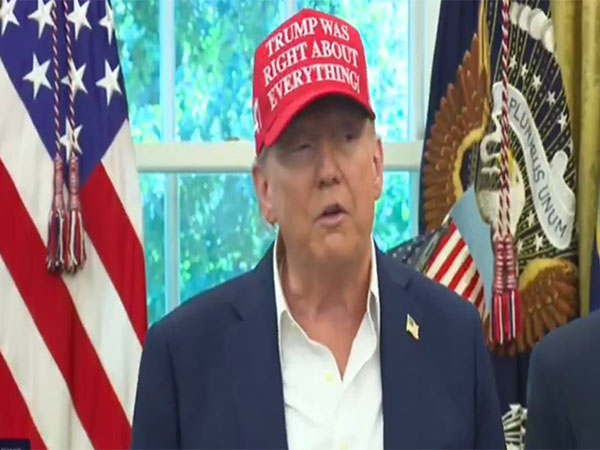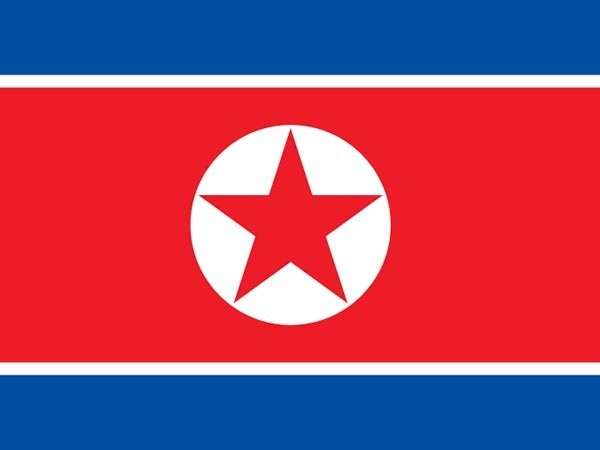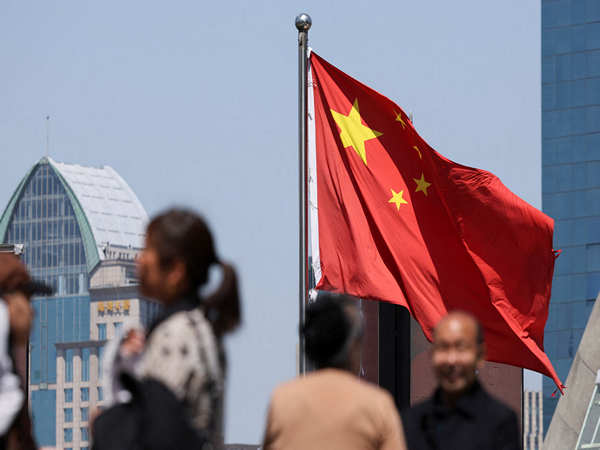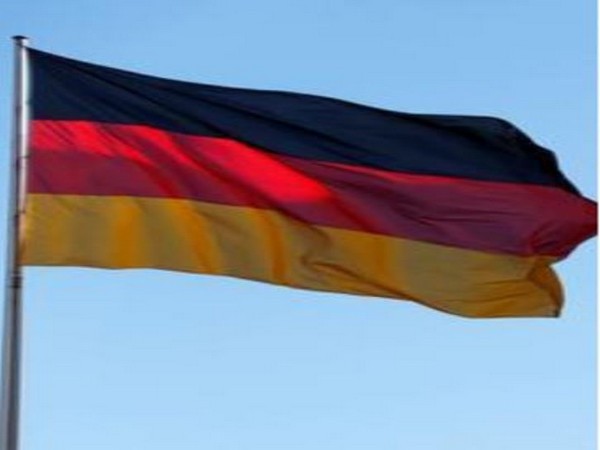
Germany admits its economy is in structural crisis
Aug 24, 2025
Berlin [Germany], August 24: German Chancellor Friedrich Merz admitted that addressing the country's challenges was more difficult than expected.
Chancellor Friedrich Merz said on August 23 that the German economy is experiencing a "structural crisis" and not just a "temporary weakness," admitting that getting the country's economy back on track is more difficult than he expected, according to RT.
"I say this with a self-critical attitude. The task is bigger than anyone could have imagined a year ago. We are not only in a period of economic weakness, but also in a structural economic crisis," Mr. Merz told members of the Christian Democratic Union party in the city of Osnabrueck in the state of Lower Saxony (Germany).
Germany, Europe's industrial powerhouse and largest exporter , is struggling with persistently high energy costs following the Russia-Ukraine conflict and the turmoil of trade tariffs from the U.S. Data released on August 22 showed the German economy shrank more than initially estimated in the second quarter of 2025, according to Bloomberg.
He also acknowledged that the 15% US tariffs on German exports would be a burden on the economy. "Nobody should underestimate the depth and breadth of the challenges we face until this week at the latest," Merz said.
The German leader admitted that much of the German economy is "no longer really competitive." Mr. Merz cited the example of Volkswagen losing 36% of its profits and BMW falling 29% in the beginning of this year as "one of many messages" about the country's economic situation, according to RT.
"Quality remains good and business leaders are aware of the challenges. But the fundamentals in Germany over the past decade have not been good enough," Chancellor Merz added. The German leader highlighted new tax incentives for business investment and reiterated his opposition to tax increases for mid-sized companies.
The country's auto sector downturn has raised concerns about the health of the European Union's (EU) most powerful economy. Germany entered recession in 2024 and is now expected to see no growth this year, according to the International Monetary Fund (IMF).
Since taking office in 2025, Chancellor Merz has pledged sweeping reforms aimed at cutting red tape, modernizing infrastructure and stimulating domestic demand. The government also plans to invest hundreds of billions of euros in roads, bridges and the armed forces to boost productivity.
Source: Thanh Nien Newspaper
